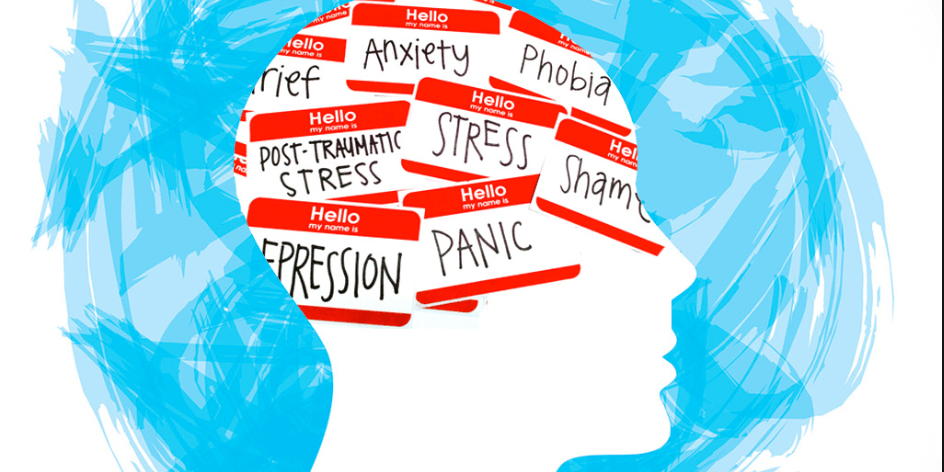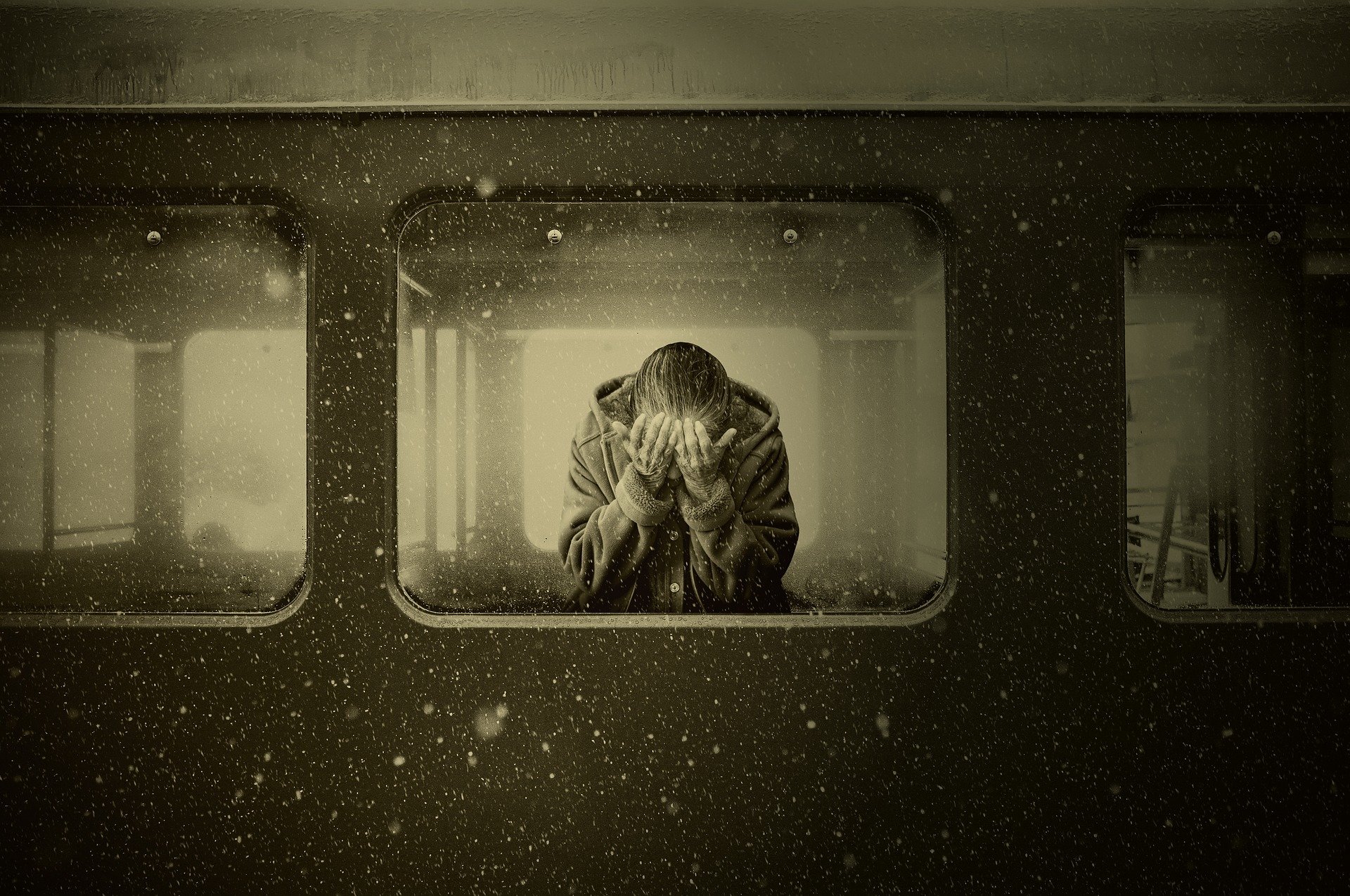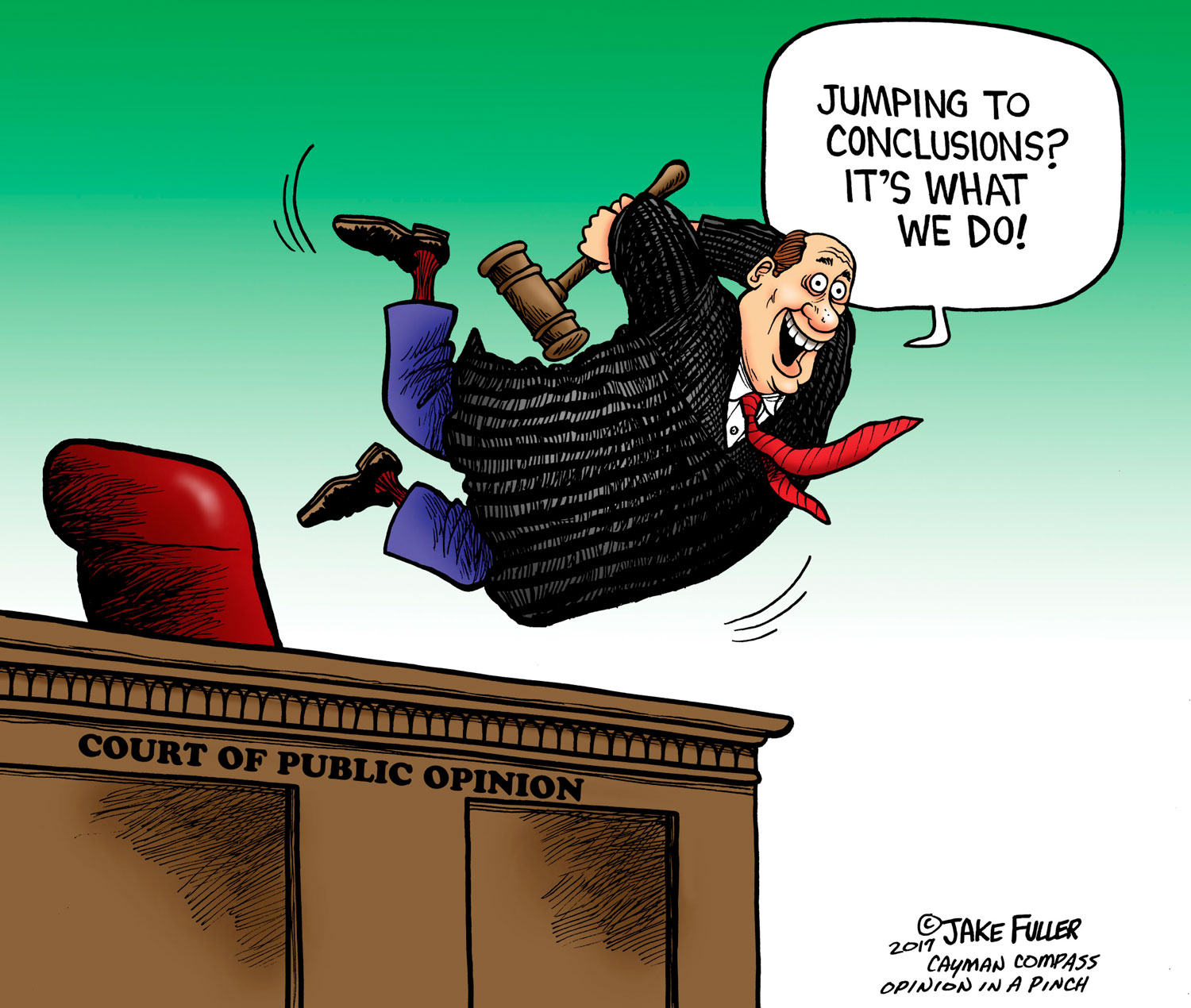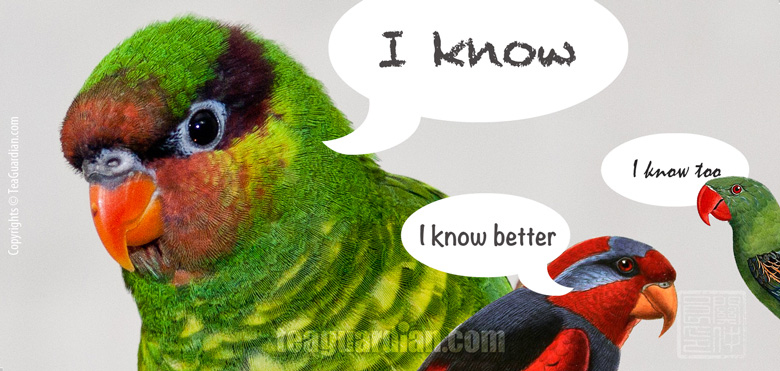“In order to make the investment in an electronic publication durable, electronic publications must be sustainable: they should not require constant investment in technical maintenance and version updates.”
“It seems that all too often, any one of the three success factors in publishing that we identified – namely speed, quality, and positioning of the publication with an audience – could only be realized at the expense of the other two.”
“Crisis is a constant, depending on where you are, who you speak to, and what community you’re in.”
How to design for urgency without succumbing to an accelerated hype cycle?
How can the ‘afterlife’ of research publications such as journal articles be prolonged?
How to balance the three factors of success – speed, quality, and positioning – so that they don’t come at a cost to one another?
Three quotes, questions and images to start the research into hybrid publishing and urgency
How I understand hybrid publishing and the theme of urgency
The way I understand hybrid publishing is to lay down a framework with all the content you wish to publish. This framework could be a piece code or a database. From this framework you are able to export it to multiple formats. From a webpage to a mobile app to printed publications of all sizes.
Sense of urgency
Urgency to me is when a topic needs dialogue. Wether it is for awareness, problem solving or general information. Deciding which topic is more urgent than another is a subjective process. To someone living in poverty access to clean water will be very urgent. Whereas in a richer area burn out might be more urgent.
Important with designing for urgency is that the publication doesn't become outdated the second the spotlight is on another topic. It is therefor important to be aware of current happenings and to not be swept up by the news-induced hivemind.









The topics that speak to me the most and to me are most urgent are:
mental health in general and during the pandemic.
Mental health is definitely a topic that always needs a dialogue so it won't become outdated. Especially now during the pandemic where many people experienced a detachment from society maybe for the first time its important to not only talk about but also to lower the threshold to seek help if neccessary.
Critical thinking in the age of polarisation and divide.
I feel nowadays the media is so polarising and intrusive that the ability to respectfully agree to disagree has been lost.
Constructive dialogue and debate has increasingly transformed into the shunning of different ideas and shouting down one another.
People inherently surround themselves with like minded individuals, combine this with the fact that every major news network has a certain bias and the way news is presented will be vastly different between groups. This in turn has a polarising effect if people don't apply critical thinking and accept information given to them at face value.
Feedback:
narrow down the subject, look at other historical events that might provide interesting insights. Find similarities that overlap between all subjects.